A person who, after concluding an agreement, has received a housing order is a responsible tenant. The scope of the rights and obligations of members of his family are equal to his rights and obligations. In a privatized apartment, the responsible tenant will be called the owner of the home, and if there are several owners, they will all be tenants. If the apartment is sold in shares, the tenant loses the right to it: he can live if registered, but he cannot (dispose, change, sell).
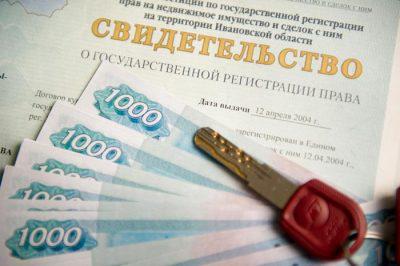
Property and registration
If the apartment is municipal, then the responsible tenant must be registered in it (registered). Upon discharge from it, the tenant changes, which is fixed by the social contract of employment, which is concluded for another person. But when the apartment is owned, the responsible tenant may not be registered in it. However, with a precise definition, lawyers almost always have difficulties, since it is ambiguous.
Most likely, this is because the concept of "responsible tenant in a municipal apartment" in the legislation in force in the Russian Federation is missing. Most often, he is called a tenant, a person who represents not only himself, but also his own family members in front of the landlord. It is the terms of the contract that give the tenant responsibility, although he has no advantages over the family members registered in this apartment. And today, a responsible tenant in a municipal apartment cannot inspire or evict anyone without the written and notarized consent of all those registered on this living space (except minors).
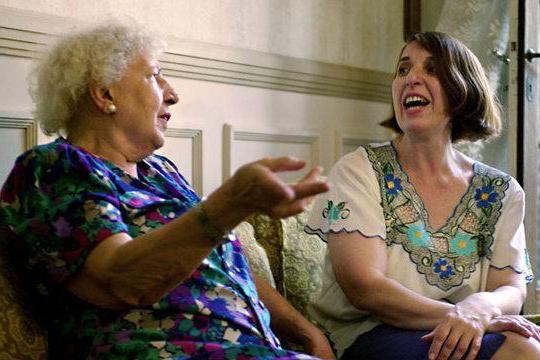
How to dispose
The Housing Code of the Russian Federation says that in a municipal apartment all adult citizens are equal in duties and rights (Article 69), and in a privatized apartment all owners are equal in the same way. The legislation does not mention the concept of “responsible tenant in a privatized apartment”. How can you dispose of this apartment, which is owned? You can write out a responsible tenant in the event of a transaction (civil or legal) - by will, by donation of the given housing or sale, if the apartment is not municipal.
Sometimes a situation arises that requires re-registration of housing. How to change a responsible tenant? To change the owner of a personal account, you just need to contact your management company. Article 82 of the LC RF states that the change of the former employer occurs after the renewal of the contract for a person who also lives and is registered in this apartment, which requires the written consent of all residents. It all takes shape in the management company. If the living space is privatized, the tenant can register and write out as much as necessary and whenever.
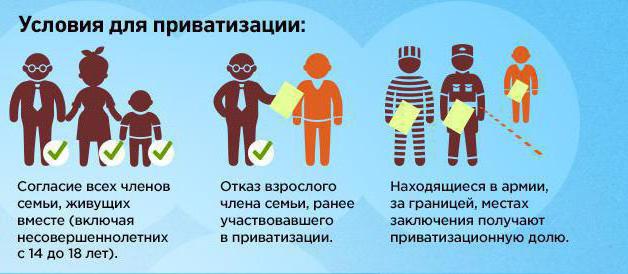
Renewal
When family members cannot agree and come to an agreement, all issues of re-registering housing are decided through the courts. The tenant has the right to provide temporary housing to outsiders, but only with the consent of the others living in the apartment (article 67, part 1, paragraph 3 and article 70). The landlord must be notified in advance.After the death of the responsible tenant, the employer may be a legally capable adult family member registered in this apartment.
In this case, you must also contact the management organization with the appropriate statement, where there must be the consent of all those registered regarding the change of tenant. A reissue contemplated for any reason should include such consent. The change of the responsible tenant takes place in this way. In addition to the written consent of all adult family members, a whole package of documents is submitted to the HOA: the passport of the citizen of the Russian Federation who claims to be a responsible tenant, an application and documents establishing the right to housing.
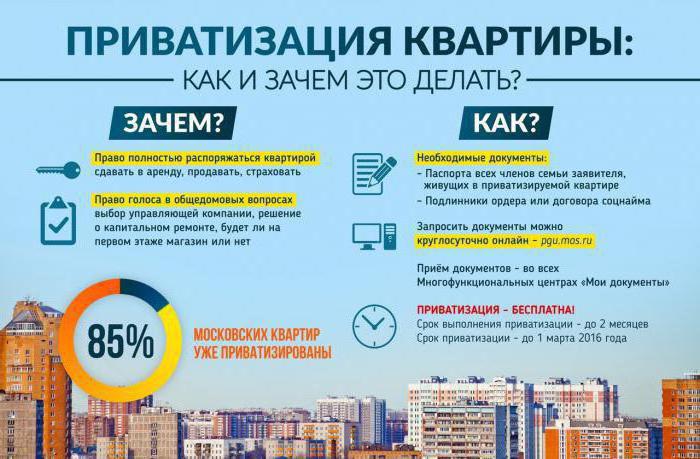
Municipal Housing
Privatization of municipal housing began back in 1991, but even after so many years, a huge number of citizens continue to live in municipal apartments and are not going to use the right to own this property. It is from here that all the problems of privatization flow if the responsible tenant dies. Here many difficult questions arise regarding inheritance and the right to reside in a given building.
Since 1999, citizens who use municipal housing, departmental or any other state, conclude SDS (social tenancy agreement). It is he who is needed if you need to write out a responsible tenant. The very procedure for its compilation, as well as its contents are always regulated on the basis of the Housing Code. The duties and rights of those living in municipal apartments are clearly defined by law, up to and including actions in the event of the death of a tenant.

SDS
The agreement regarding social hiring includes everything that a responsible tenant must do: rights and obligations, a list of family members living with him, housing maintenance standards and the like, which does not contradict the law. Also, the contract necessarily provides for the same liability with respect to persons recognized by the court as incompetent.
Regulatory acts also provide for cases when a responsible tenant dies. Departmental and municipal housing is operated in accordance with Articles 60, 65 and 67 of the Housing Code. In the SDS, the legitimacy of the right to use the apartment is reinforced by the fact that, when drawing up the contract, the owner acts as a landlord, and the remaining citizens registered in the apartment act as tenants. Despite this, all residents registered in this apartment have equal rights to it. Responsible tenant for every action in relation to this housing is required to obtain the consent of all.
Rights and obligations
Article 67 of the LC RF lists the rights and obligations of the tenant. He has the right: to instill in the apartment outsiders who have no family ties with him, to retake this apartment in whole or in part, to register temporary residence of outsiders, to exchange or replace this apartment, to use the services of housing and communal services, including demanding major repairs or maintenance of property general use (terms and volumes are provided by law).
The duties of the employer are also described specifically. Firstly, housing must be used strictly for its intended purpose (do not arrange for an auxiliary farm, workshop or production in the apartment, do not use it as a warehouse and the like); it is necessary to maintain the apartment in such a way that its initial condition does not worsen, that is, timely repair work is provided. It is necessary to follow the procedure established by the state regarding payment for utilities, as well as to deposit money for the use of property.
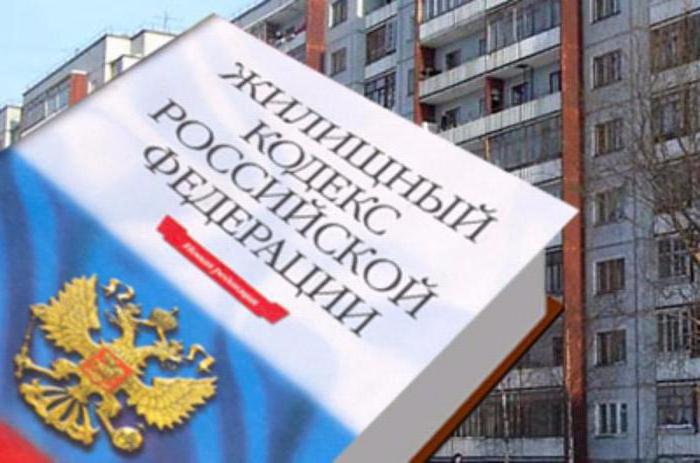
If circumstances have changed
If the existing factors that give the tenant the right to use housing under the SDS are changing, the tenant is obliged to notify the owner of the property (agency or state) within the established SDS or the LCD. If the employer neglects this obligation, very unpleasant consequences can occur.
The municipal, state or departmental body may well terminate the LTO if the rules for using the living space are grossly violated, this is provided for by the legislation of the country. The termination of the contract occurs by appropriate court decision. Next, the tenant will be forcibly evicted.
Who will get the housing
If the tenant has died, the municipal apartment will be operated by his immediate family - family members, strictly defined by law. This dictates the relevant legislative act. Family members of a tenant are considered only the spouse or spouse living in this apartment, the tenant's parents and his children. The law does not provide for grandchildren. Disabled persons and dependents participating in the joint economy can also be recognized as their full rights. There are special cases when, by a court decision, the status of a full member of a family is assigned even to citizens of indirect kinship.
Direct family members, as well as those equated with them, have the same rights and obligations as the employer had. Joint liability shall be vested in members of a family whose legal capacity is limited by a court decision. All of the above citizens must be indicated on the SDS. If the deceased employer was divorced from his spouse or spouse, but the latter was still registered and lived in the given territory, his rights are also preserved, and he bears responsibility for obligations regarding the operation of housing on his own.
Renewal
After the death of the tenant, the municipal apartment will have to be re-registered by drawing up a new SDS. In accordance with the legislation of the Russian Federation, a person who has the right to such registration is selected: the choice is made exclusively among family members living in this housing area or persons who have received a privileged right through a court.
The procedure for registration and the rights of residents are specified in article 82 of the LC. It emphasizes that if any citizen who uses housing on the basis of SDS decides to start a family with a person living in another living space, he can issue a general SDS for any of the registered family members. Any of the residents can replace the first tenant if he is competent (the consent of all the others living in this housing is mandatory), but this requires the consent of the owner of the housing (department or municipality).
Share ownership
After the death of the tenant, the shared living space of the apartment building becomes shared property, it is distributed between all family members and persons equated to them, in equal parts.
The current legislative norms indicate that all persons registered or registered in this municipal apartment have the full right to continue to live there, as well as to draw up an agreement in their name with the obligatory consent of the other family members and the landlord living in this territory.
The landlord may not agree with the candidacy of the responsible tenant, but in almost all cases this concerns the legal capacity of citizens or the legal capacity. The incompetent is limited by law.
Minors
If at the time of the death of the employer there were persons registered and entered into the SDS who had not yet reached the age of majority, then their right to live in this apartment was lifelong. In the same way, the law applies to both municipal and private real estate (residential only).
Most often, the transition of this housing to a new responsible tenant continues with the privatization process, since only this makes it possible to dispose of housing as you like, at your own discretion. The main advantage of a privatized apartment is that it can now be inherited. Municipal apartments and any other housing for transfer to other persons for use is very difficult - the rules of the law are very strict, and it is generally impossible to donate, sell or inherit.
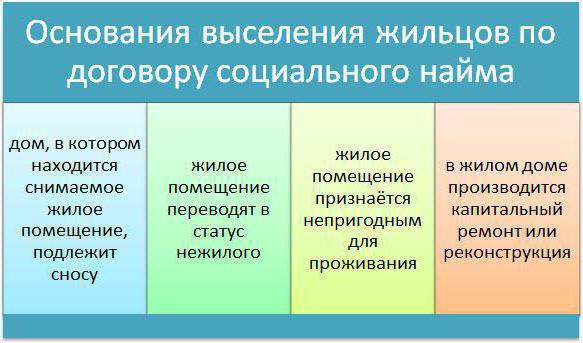
If the tenant lived alone
Non-privatized housing after the death of a lonely tenant returns to the municipality. If the tenant was registered in this apartment alone, his relatives do not have the right to reside in this area, and interested persons cannot receive it.
Further, in the municipal housing fund, the apartment will be distributed in favor of those in need of housing. Persons who have a kinship with the deceased employer may get an apartment only if an appropriate court decision is received.